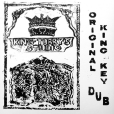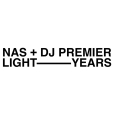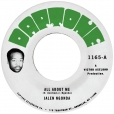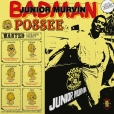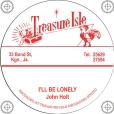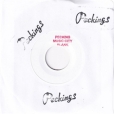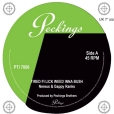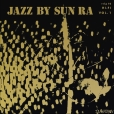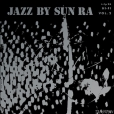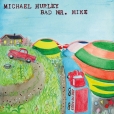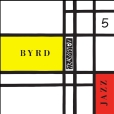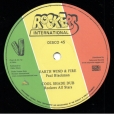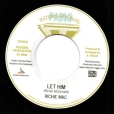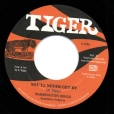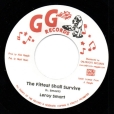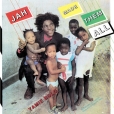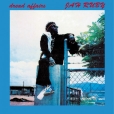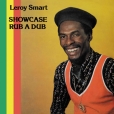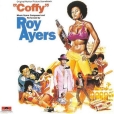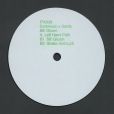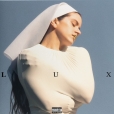Your basket is empty

Honest Jon's has enrolled with the European Union 'Import One-Stop Shop'. For EU customers, this means that you will not be charged any additional VAT or duty, nor any handling fees. No further costs.
Word from Only Roots: ‘Killer Dub album produced by Ranking Joe circa 1979 / 1980 with the Roots Radics. Released for the first time on CD in 1999. Some copies were pressed by Jammyland (USA) on vinyl in 2001 but without a sleeve. We have a limited stock of this vinyl for which we made a sleeve. Hand-printed, the appearance of the sleeve may vary.’
Expert, breezy version of Grover Washington’s Loran’s Dance (as sampled by A Tribe Called Quest, on Push It Along). Lovely stuff.

